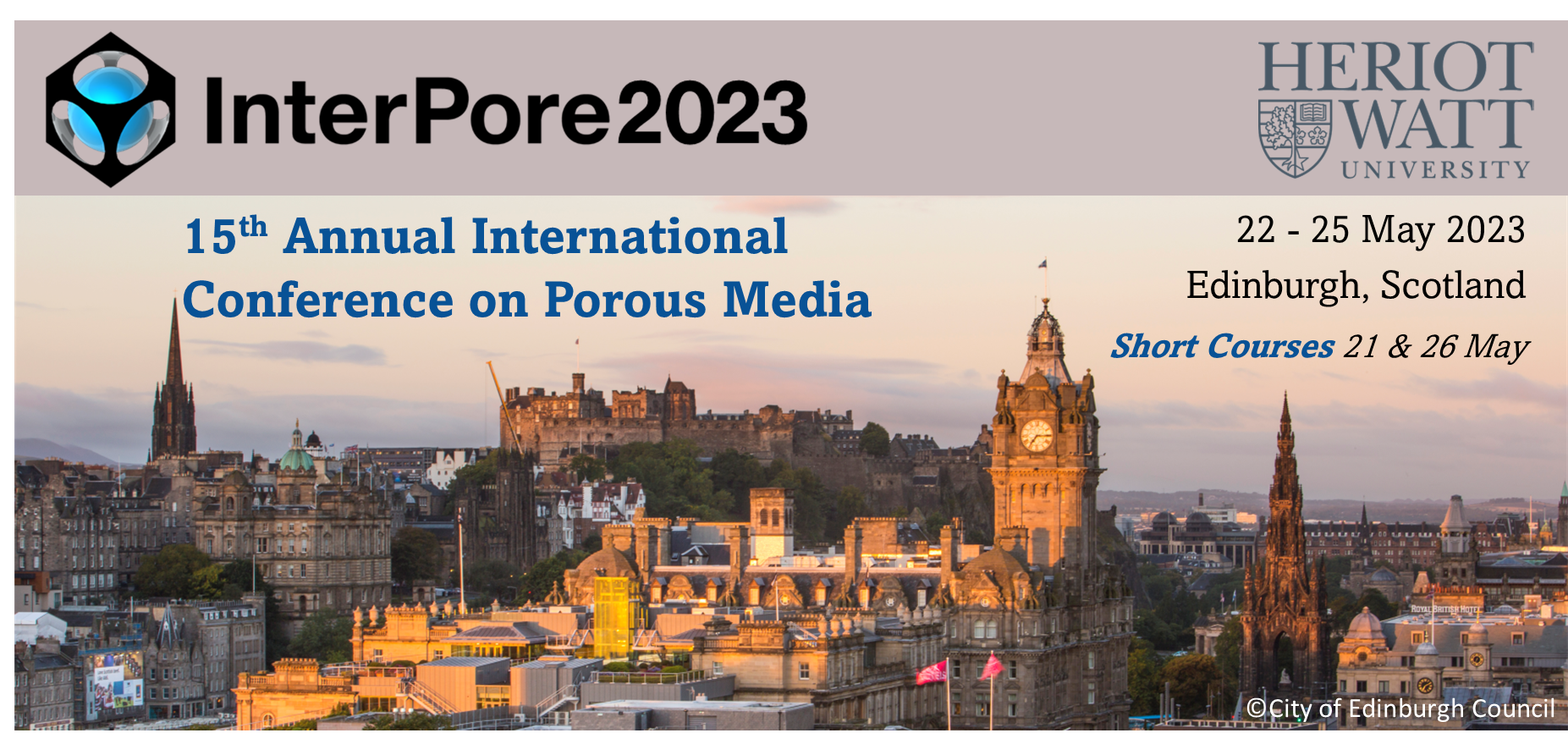Speaker
Description
Natural subsurface systems are often composed by multiple geomaterials, constituting the internal architecture of the system, characterized by uncertain spatial distribution. This leads to incomplete knowledge of the material properties. Here we address uncertainty arising from the lack of knowledge on location of boundary interfaces between geomaterials and their influence on physical processes, such as fluid flow and contaminant reactive transport. Investigating flow and transport features in porous media under such uncertainties have promoted the adoption of different PDE solvers. Machine Learning based PDE solvers are promising tools, due to the ability to acquire the solution over the whole spatial-temporal domain at once utilizing collocation points dispersed erratically over the domain, which gives such models a significant advantage over conventional time-stepping PDE solvers by eliminating the requirement for time-consuming processes such as space and time discretization. Here our focus will be utilizing Deep Learning based PDE solvers, where neural networks will establish the trial space for our state variable of interest, solute concentration, and being obtained via training on physics driven constraints.
To this end we leverage Physics Informed Neural Networks (PINNs) for the numerical solution of classical contaminant transport. These Machine Learning approaches are promising for using structured prior knowledge to build data-efficient and physics-informed learning machine. PINNs fall into the category of unsupervised or weakly supervised deep learning algorithms, and showed great performance for forward and especially inverse modeling purposes, where unknowns of a scientific problem such as full solutions of the corresponding PDEs, or parameters and boundary conditions respectively, can be inferenced using sparse measurements
In this contribution we will show the application of PINNs to the solution of contaminant transport problems in heterogeneous porous media, where results will be shown upon relying on some representative test cases, including transport in one- and two-dimensional media. We will start by addressing specific challenges that limit the application of standard PINN approaches in the presence of heterogeneous materials. Then we will show the performance of PINNs for the specific task, starting from algorithms recently developed in the scientific machine learning community. Notably, we employ domain decomposition methods for partitioning the PDE problem into several subdomains each modeled by a single sub-network. This strategy enables us to use PINNs for heterogeneous systems, while the solution continuity between the diverse sub-network models is maintained through imposing residual and flux continuity conditions via properly specified loss functions. Finally, we will discuss key pros and cons of PINNs approaches if contrasted with standard solvers.
| Participation | In-Person |
|---|---|
| Country | Italy |
| MDPI Energies Student Poster Award | Yes, I would like to submit this presentation into the student poster award. |
| Acceptance of the Terms & Conditions | Click here to agree |







